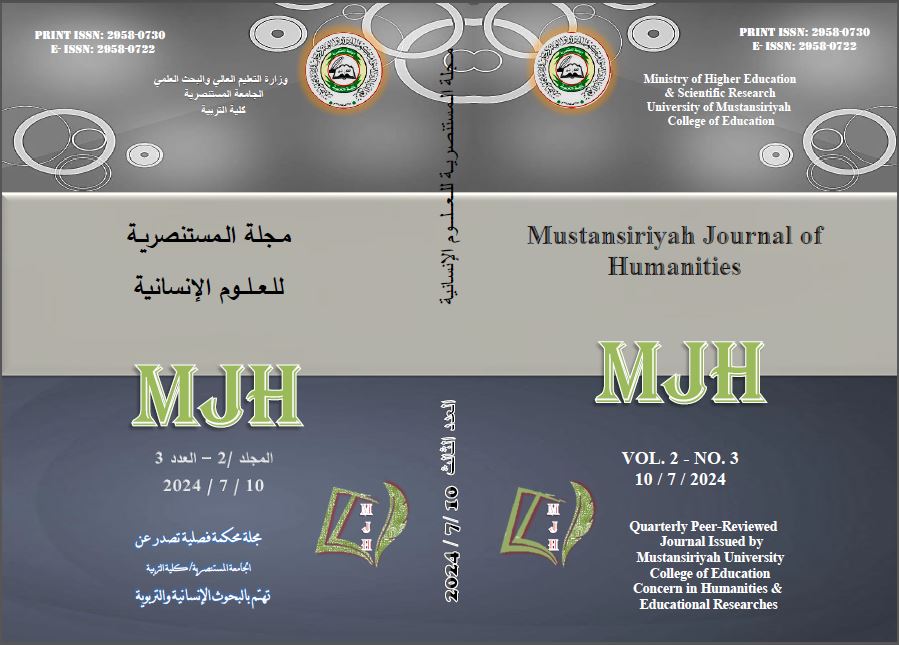The levels of discord between the oppression of woman and the treatment in Islamic jurisprudence
DOI:
https://doi.org/10.47831/mjh.v2i3.362Keywords:
: disobedience,Abstract
Those individuals who engage in the analysis of the verses pertaining to family laws and meticulously scrutinize the viewpoints of legal scholars on various aspects thereof, it becomes evident the degree to which Islam underscores the reform of the family, deeming it the core and basis upon which the virtuous community is constructed. Comprehending the fundamentals and constraints of this is imperative for each adherent of Islam, particularly in the contemporary era, given the proliferation of injustices and ethical deterioration, exacerbated by the deviation of individuals from Islamic doctrines. Therefore, we opted to explore a specific issue within the domain of family affairs: the concept of disobedience (marital discord or disobedience) and how Islamic legal theory has dealt with it, as well as the injustices endured by Muslim women due to misconceptions of Islamic precepts. We partitioned the subject into three segments: Firstly, we expounded upon the lexical and terminological interpretations of disobedience and the divergences among legal scholars concerning its limitations. Secondly, we elucidated the concept of responsibility (male authority or guardianship) and its boundaries. The third section was allocated to scrutinizing the approaches to dealing with disobedience, and upon the completion of our examination, we acquired an understanding of the essence of disobedience, grasping the viewpoints of legal scholars, pinpointing its origins, and delineating strategies for addressing it.





